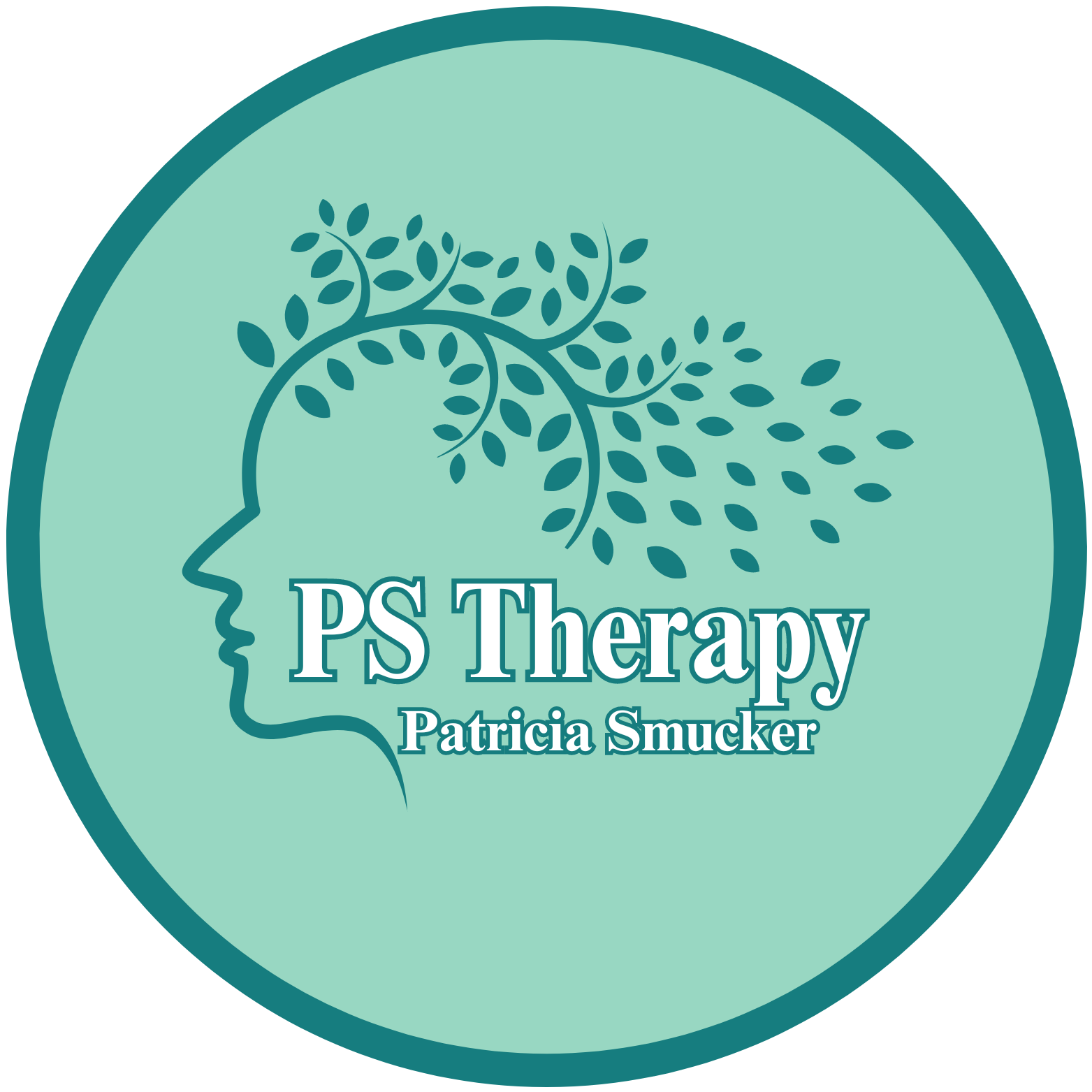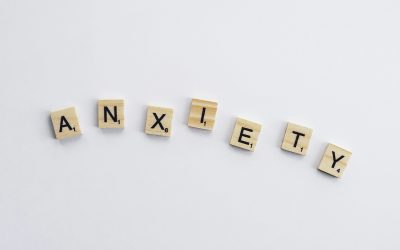Cognitive Behavioral Therapy (CBT) is a unique therapeutic approach. It is evidenced based treatment for people suffering from anxiety, depression, chronic illnesses, relationship problems as well as several other mental health or emotional conditions. In this article, I will explain what CBT is, how it differs from other therapies, and what you should expect in such a session. I will also consider how you can apply CBT principles for yourself and when you should seek professional therapy. Let’s get started!
What is CBT?
Cognitive therapy was created by Aaron T. Beck, who was a psychiatrist at the University of Pennsylvania in the 1960s. Beck designed and conducted many experiments to test key psychoanalytic concepts about depression. His work focused on streams of negative thoughts that appear to be spontaneous. Beck called these cognitions “automatic thoughts”, which fall into three categories: negative thoughts about yourself, the world, and the future. These thoughts, in turn, affect how you feel.
Thoughts and feelings are different. Most of us identify our feelings as thoughts and are unable to think differently and feel better. Because our thoughts can be rational or irrational, our feelings often do not make sense. When we are able to identify the thoughts that are creating our uncomfortable feelings, we are able to change our thoughts, and feel better. When we feel better our actions are more productive and life gets easier. CBT gives us the framework to identify thoughts that don’t serve us, understand the sources of such thoughts, and change these thoughts to rational, reality-based ones. Once we understand the difference between a thought and a feeling, we become better decision makers and our decisions are able to transform our lives.
How is CBT Different?
Beck’s approach is considered as the opposite of B.F. Skinner’s behaviorism, as well as the Freudian psychodynamic take on mental health. CBT is different from these past-oriented therapeutic approaches as it focuses on the present conditions, for example: What are your thoughts right now? What were you thinking of when you started to feel anxious before your presentation at work? How do you behave when you feel anxious? The aim is to understand the path between your thoughts, feelings, and actions. CBT does not have a primary focus on your past, but about what is happening with you right now.
What to Expect in a CBT Session
A therapist who is CBT-oriented may ask questions about your childhood and past to understand your early upbringing. While the past is important in understanding ourselves, the focus will be on understanding your inner world and how your thoughts feelings and behavior is impacting your current life.
The emphasis is on raising your awareness of your thoughts when you feel a variety of things such as stress, anxiety, depression or even pain. What are the main topics that you tend to think about? Are you able to detect when you are about to enter a depressed state? How do you motivate yourself when you feel discouraged? How do you deal with negative words from your loved ones?
This self-awareness is vital for change; as awareness of your thoughts and reactions will help you to take the necessary steps for positive change. However, you must be patient as such change is not immediate. You may find that your emotions lag behind these new thoughts and actions. As you repeat these new thoughts and behaviors, you will eventually create new brain patterns to support them. So, be sure to pat yourself on the back for adopting these new, positive thoughts and behaviors.
Applying CBT Principles on Your Own
A CBT-focused therapist can help you become more self-aware and learn these new thoughts and behavioral patterns. However, you can also try to apply these CBT principles on your own. There are online resources that you can use to help you with this application. I also have a few suggestions to share with you:
Intensified Emotions and Pain
If you find that you are feeling greater adverse emotions and pain, then it’s important to ask yourself some questions. You need to figure out: What is going on right now? Why am I feeling worried/anxious/depressed? What am I saying to myself about this situation? Are these thoughts rational? Is this negative event (like being hospitalized) likely to occur?
Take Decisive Action to Address Rational Issues
After thorough self-examination, you may find that some of your feelings are rational, as they arise from real conditions, for example, a bad work environment. If it’s the case that there are pressing concerns at work (like insufficient equipment and other resources to complete tasks), then contact your supervisor and/or your HR department. If you believe that you should be paid more, then begin an active job search. In the case of physical health conditions, contact your physician for advice on the next steps to take and complete these steps to improve your health. It’s important to take decisive action to remedy all rational issues that are giving you emotional distress.
Dealing with Irrational Issues
There are times when your self-awareness efforts will not be able to detect a specific cause for your adverse thoughts and feelings. For example, if back spasms make you fear total immobility and wheelchair dependence, then you need to be able to calm yourself.
You can calm yourself by journaling these thoughts and feelings. Next, also journal what your rational mind tells you about these thoughts and feelings. Deep-breathing techniques, meditation, and taking up a hobby or two can help you to self-soothe or calm down. Your mind will then be able to focus on other pleasant things that will make you feel and act in your best interests.
When You Should Get Therapy
There are no set rules about when you should seek therapy. However, if you find that your attempts to apply CBT principles to address your problems are not working, then you should contact a therapist. If your thoughts turn to self-harm or harming others, then you definitely need to set an appointment with a therapist right away. Your mental health determines your quality of life, so you should do all that you can to ensure that you get back to your best self.
Therapy That You Can Trust
You now have a basic understanding of what CBT is all about. Therapy is focused on building a mutually respectful relationship between a client and a professional which is intended to help the client achieve their optimal mental health. Choosing a therapist is not just a matter of choosing a type of practice, but a therapist that you can connect with. So, I invite you to contact me for an initial consultation. We need to develop a good professional rapport so that you can get to know me and trust me. I aim to give each of my clients the best treatment options that are customized for their care. I provide therapy that you can trust and that will enable you to live the life that you truly deserve.
View More
Coping with Anxiety
I learn as much from my clients as they learn from me, which is why my life is richer and more fulfilling because of the work I do. Recently, a client returned to treatment to focus on an eating disorder. I had already successfully treated her for an anxiety disorder...
Blog on Anxiety
I was about 25 years old when I first learned the term anxiety. Until that time I was not aware such a feeling existed. Fear I knew well. Having grown up in a family where my father was chronically ill and eventually died when I was in 10th grade. The uncertainty of...
Grief vs. Depression
Clients have come to therapy and asked me what the difference is between feeling sad and being depressed. When I hear that question, I often come to find the sadness they are feeling is not so much depression, but a grieving experience. Grief is a process – a series...





0 Comments